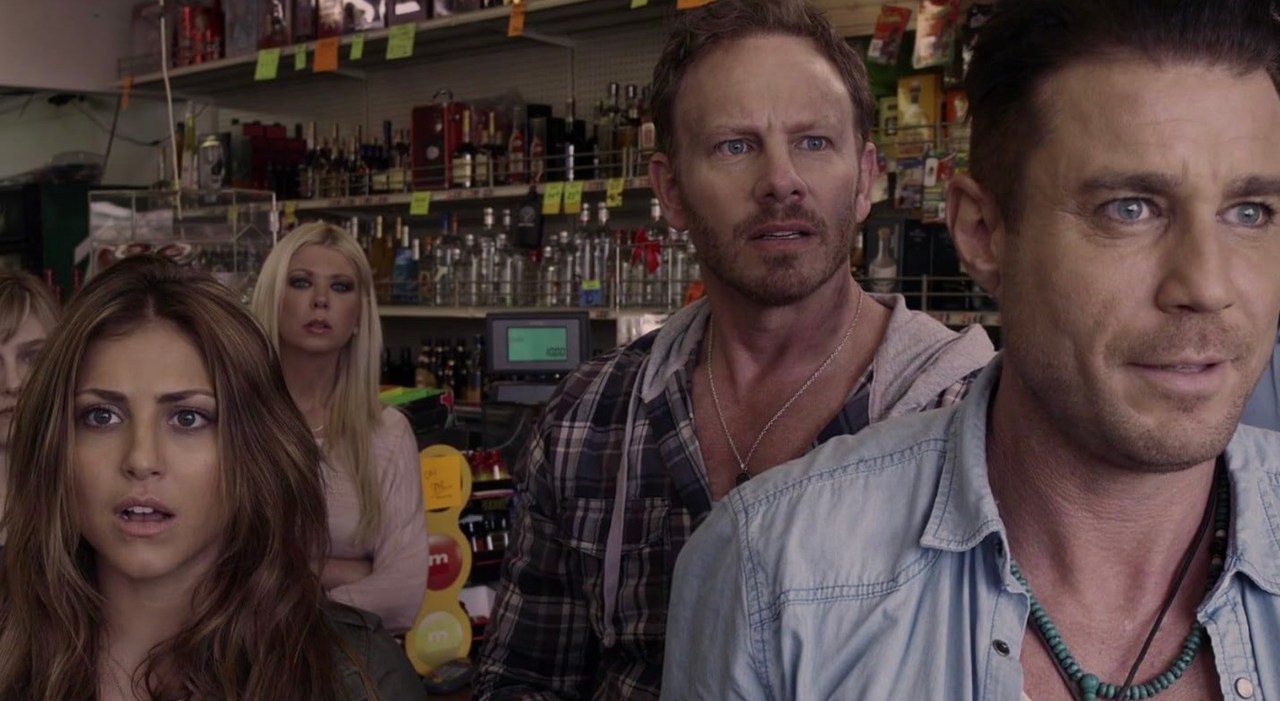
Why We Love Trashy Films So Much
One man’s trash is another’s treasure. The age-old adage holds true when it comes to cinema as long as trashy films live and thrive in our society. Yet, this concept still confounds people, as no matter how low the Rotten Tomatoes scores sink, or how dirt-cheap the productions are, these movies are immune to criticism and always find an audience. Spray shark repellent on Sharknado. Hide the pot of gold from Leprechaun. Do whatever because it won’t change anything, and these properties will find a way of coming back stronger than ever.
A bright, trashy light in a darkened world
Cinema acts as a reflection of society. Films such as Martin Scorsese’s Killers of the Flower Moon and Saim Sadiq’s Joyland aren’t simply disposable entertainment — they inspire contemplation and intellectual discussion. They challenge the audience to dig deeper into their themes and consider the sociopolitical issues covered.
It’s a sign of the times, as people are far more aware of what’s happening around them and the pressing matters plaguing humanity. It’s also exhausting. Every day, there’s a brand-new worry rising: Wars. Hate crimes. Economic downturns. Famine. Pandemics. These never-ending concerns seep into every facet of life and it’s impossible to escape the discourses, bleeding into the entertainment world too.
At some point, the constant barrage suffocates. While there’s a time and place for something serious and topical, the average person wants to shut off their brain, shovel popcorn into their mouth, and be entertained on a Friday night. That’s why when presented with the option of watching Jim Isaac’s Jason X or Lasse Hallström’s Chocolat, the former usually triumphs.
This doesn’t mean everyone should turn a blind eye to global travesties. However, for one’s mental health, a short-lived relief is necessary to survive. After all, witnessing a shiver of flying sharks chasing after dimwitted humans for 90 minutes should be enough to boost anyone’s mood significantly. A trashy film won’t change the world, but it allows a comforting respite for everyone to savor as they forget about the horrors outside for a moment.
Setting the bar low and exceeding expectations
Apart from the escapism of trashy films, there’s another major reason they remain popular: They are exactly what they proclaim to be. Take Brendan Steere’s The VelociPastor as a prime example. The premise promises a pastor who gains the ability to turn into a velociraptor and then uses his dino-mite powers to fight crime. And that’s what the 2017 horror comedy film delivers, never straying from the path of Jurassic-themed redemption.
In an age when trailers deceive or the online debate about what a movie could be is sometimes more exciting than the final product, there’s a refreshing honesty in knowing what awaits the viewer from the start. No one walks into a Troma- or Asylum-produced film expecting to witness Oscar Award-winning material — quite the contrary. It’s the equivalent to buying cheese chili fries and knowing what’s in the box, not expecting a Gruyère cheese soufflé.
Trashy films don’t create unrealistic expectations for anyone; instead, they set the bar as close to the ground as possible. They underpromise and overdeliver, going against the grain of mainstream movie marketing. Consequently, these trashy treasures surprise and thrill with the manic magic of water-cooler conversation starters such as Lake Placid vs. Anaconda and Leprechaun in the Hood.
Trashy films might appeal to smarter people
According to a study conducted by the Max Planck Institute for Empirical Aesthetics, people who enjoy trashy films generally possess higher levels of intelligence. The report found that smarter viewers consume a variety of different media and art, and seek out “trash” to get away from the typical mainstream offerings. Of course, ironic viewing likely skews the results too.
Regardless, no one can deny that trashy films unite viewers. Unlike flame wars about Marvel vs. DC or arguments about which Star Wars trilogy is better, forums about these kinds of movies tend to bring people together rather than apart. The audience bonds over a shared love of something silly and viewers engage in playful discourse; the community embodies everything that fandom should and can be.
So, instead of looking down on trashy films as a meme or cinema’s court’s jester, let’s treat them with reverence. A filmmaker like Uwe Boll may never have Christopher Nolan’s cinematic flair (or budget), but he brings joy to the world in his unique way — and that’s worthy of celebration and praise.











